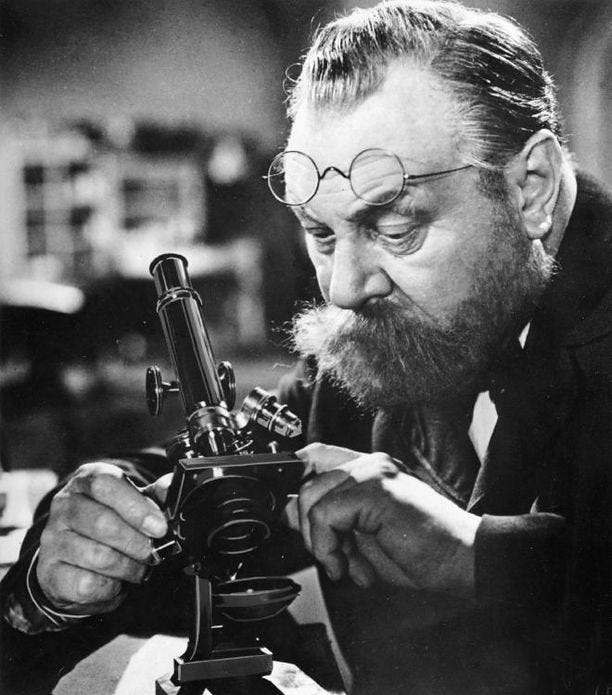Tania
Lizbeth Lopez CruzFavorite dishes: enchiladas, tacos al pastor and pozole.Favorite bands: juanes, Bumbury, Zoe
Hobbies: watch marvel movies and read.
I live in valle de
chalco.I
was born in August 31, I have a brother named Isaias.
I like to read and watch superhero movies in my free time.
My favorite writer is Arturo Conan Doyle and I like to read sherlock holmes.
Robert
Koch, the father of modern medical microbiology

Robert
Koch was born in Clausthal on December 11, 1843. He was the third child of a
total of eleven and showed precocity to learn to read thanks to the daily
management of newspapers. Like his father, a mine technician, he also always
had a desire and a fondness for traveling, which undoubtedly should have helped
him later to know places in remote Africa and India to study diseases and
epidemics such as malaria and the plague.
since childhood, Robert Koch felt passion for nature,
especially for animals, so when he finished school, always with good grades for
his dedication and taste for study, he enrolled at the University of Göttingen
to pursue a career in Medicine and there he became interested in Microbiology.
Always as a model student, he learned that infectious diseases can be caused by
living organisms, bacteria, and from that moment he became an inseparable
friend of the microscope.
His
first studies focused on the anthrax bacillus, as he witnessed an epidemic that
devastated hundreds of cattle. In his small laboratory, Robert Koch conducted
several experiments to demonstrate that the anthrax bacillus caused the disease
that infected cattle and that these bacteria were able to reproduce even
without direct contact with the animal. He invented methods to extract the
bacillus from blood samples and make it grow in pure cultures. He also
discovered that while he was unable to survive for long periods outside the
living being, the bacillus could create endospores that could. These
endospores, embedded in the ground, were the cause of the unexplained spontaneous
outbreaks of anthrax. Koch published his discoveries in 1876 and was awarded a
job at the Imperial Health Office in Berlin in 1880. A year later, in 1881, he
promoted the sterilization of surgical instruments by heat. In the scientific
environments of the time, the discovery of Koch was really a revelation and
meant a revolution as of that moment, since the German doctor did not dispose,
much less, of a laboratory equipped for this type of experiments. Thanks to his
intuitions, other scholars and later researchers were able to follow his steps
and deepen their studies
The
German scientist Robert Koch contributed so decisively to the study of diseases
that he is considered the father of modern medical microbiology and
bacteriology with the famous Louis Pasteur despite the few resources with which
he achieved it.

Robert
Koch is best remembered for the discovery of the bacteria responsible for
tuberculosis (also called Koch's Bacillus), as well as identifying the
substance that acts as a remedy for the disease, the so-called tuberculin.
As
important as his work in tuberculosis, for which he was awarded the Nobel
Prize, are Koch's Postulates, which state that to establish that an organism is
the cause of a disease, it must be present in all cases in which the disease is
examined and absent in healthy organisms; it must be able to be prepared and
maintained in a pure culture; have the ability to produce the original
infection after several generations in a crop and, finally, must be able to be
inoculated into animals and cultivated again.

